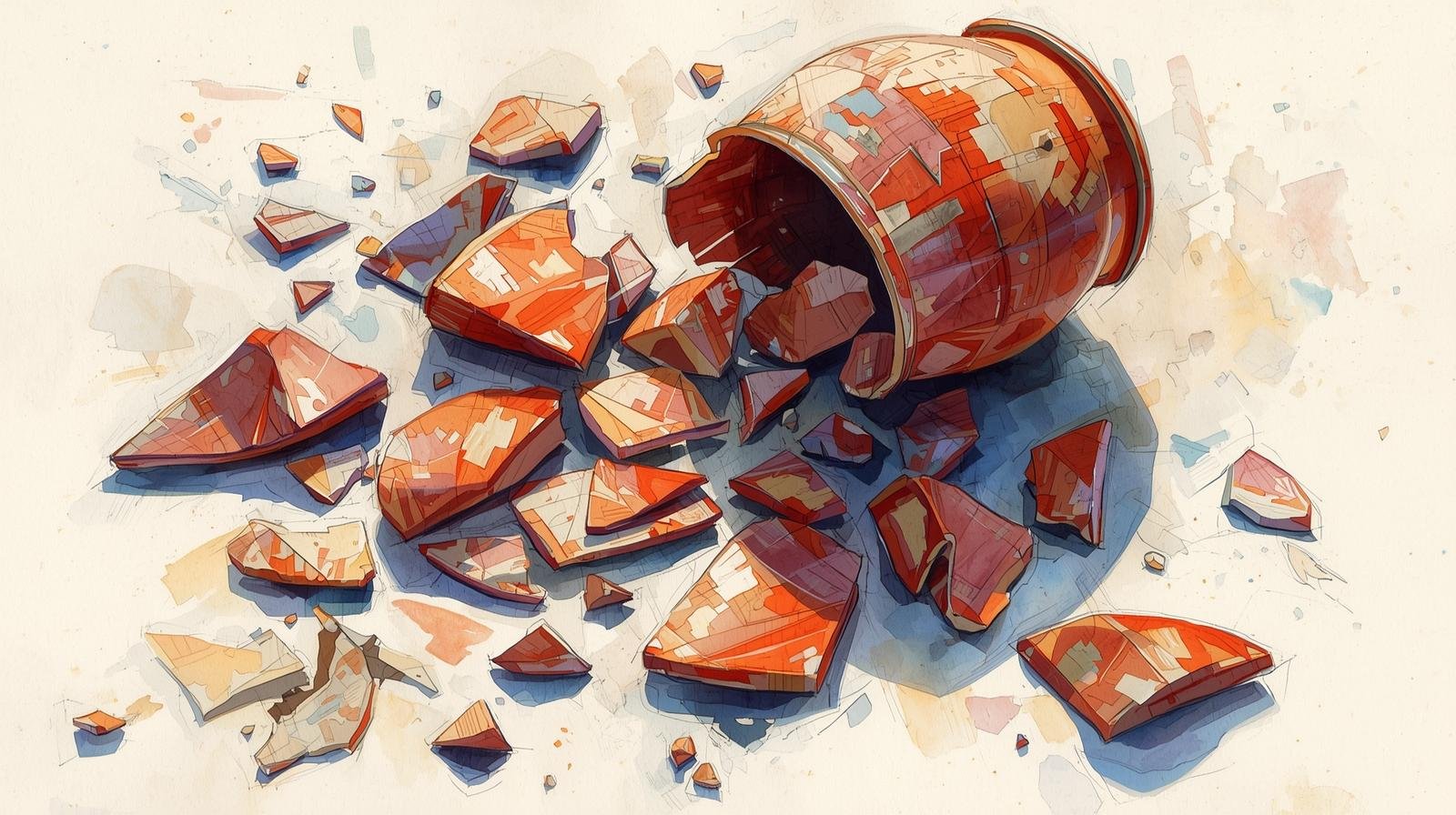
Gospel according to Saint John 10:27-30:
Jesus said: “My sheep hear my voice; I know them, and they follow me. I give them eternal life, and they shall never perish. No one can take them out of my hand. My Father, who has given them to me, is greater than all, and no one can take them out of the Father’s hand. The Father and I are one.”
Neither death nor life, neither height nor depth
Luis CASASUS President of the Idente Missionaries
Rome, May 11, 2025 | IV Sunday of Easter
Acts 13: 14.43-52; Ap 7: 9.14b-17; Jn 10:27-30
Today Christ vigorously affirms that no one can snatch away the sheep that his Father has entrusted to him. Is this really the case? Do not the events of each day, the clumsy, violent, or senseless actions of all of us prove the contrary? Does not the devil continually succeed in leading thousands of souls astray? Are not many abandoning their vocation?
To be dazzled by these realities would be to ignore the boundless divine mercy that seeks out a lost sheep with total dedication, doing SOMETHING MORE than what it does for the good of the others. Of course, there are sheep that go through dark valleys and whose lives resemble the history of infidelities of the people of Israel. But all, sooner or later, will be saved and will find themselves joyful in the Father’s house.
What is the difference? The tears that we must shed, we who have abandoned the path once or many times, we who have chosen our own voice over that of the Shepherd, who tries to help us without sparing any effort. That is Purgatory, whose reality we cannot confuse with a place of torture or punishment.
Purgatory is a state of purification, a process of reconciliation and restoration, where the soul is freed from imperfections and prepared for full communion with God.
This emphasizes divine mercy, as it allows souls to be purified rather than condemned. Thus, this purification is an act of love and justice, where the suffering of the soul is not a punishment, but an opportunity to achieve the holiness necessary for full union with God.
Imagine that a person is on his way to an appointment that he is eagerly awaiting. He wants to meet someone he truly cares for and loves. If his clothes get stained on the way, he will feel uncomfortable and will do everything possible to wash and remove the stains that could displease the person waiting for him. This could be a metaphor for Purgatory. We can say that it is the last manifestation of divine mercy before giving us the eternal embrace. The final proof that, indeed, no one can take from the Good Shepherd the sheep that his Father has entrusted to him.
This helps us understand why St. John tells us today in the Second Reading: These are the ones who have come out of the great tribulation; they have washed their robes and made them white in the blood of the Lamb.
The most important spiritual traditions, such as Buddhism and Islam, contemplate the reality of purgatory, albeit with different nuances, but always as a preparation or purification for a full life. This is a universal sentiment.
Even humanistic psychology, through authors such as Carl Rogers, Abraham Maslow, and Rollo May, has considered the existence of a “psychological purgatory” as an internal journey where the person cleanses harmful beliefs, fears, and negative expectations, drawing closer to their true self. In this process, pain, guilt, or regret are not punishments, but instruments of purification towards a more conscious and authentic life. It is evidence of our need for forgiveness, both for believers and for the most skeptical.
Fernando Rielo tells us: “The saints lived, in this world, the purgatory and despair of being madly in love with a Father whom they adored with all their mind, with all their will, and with all their strength” (In the Heart of the Father).
In that same book, full of intimate confessions, he encourages us to seek even “the purgatory of love, the pure purgatory,” until we achieve, with one another and in our hearts, a sense of home, family affection, and intimate tenderness, according to the model of the Trinity.
Indeed, why should we wait until we die to show God the Father that we love him, or want to love him with our whole being? He anticipates our clumsiness and leaves us in our hearts the assurance that he is waiting for us, that he is looking for us. Making a continuous effort to free ourselves from passions and the futility of the world is a gesture of deep affection that is always reciprocated by Him.
—ooOoo—
Writers such as Miguel de Unamuno (1864-1936), who experienced an intense spiritual crisis, have had the impression of Christ as reflected in his poem El pastor de nubes (The Shepherd of Clouds), which ends as follows:
The shepherd goes on, tireless still,
dreaming and singing as he steers
that flock of hopes, that flock of dreams,
that flock of living poetry.
And so his life drifts away with them,
and when the dark night falls at last,
he will lie down upon the plain
to watch the newborn sky arise.
Those who have true faith should not forget what Saint John Paul II said:
The Eucharist is the sacrament of the Lord’s death and resurrection, of his supreme act of redemption. It is the sacrament in which the Good Shepherd constantly makes present his self-giving love for all men (May 3, 1998).
That is why the Church constantly reminds all the faithful of the importance of receiving the Eucharist, which gives us the presence of Christ as the only force capable of enabling us to face adversity and persecution.
Let us observe how today’s liturgy presents to us the experience of Paul and Barnabas in Antioch. It reminds us that we will encounter opposition when we share the word of God our Father. This adversity can often come from people who are envious or wish to highlight the faults of Christ’s disciples, but our own character, our fear of adversity, our weariness, or, on the contrary, the impression of having achieved some success, can also become forces that try to separate us from the Shepherd. St. Paul expressed this in detail (Romans 8), using the frightening metaphor of sheep being led to the slaughterhouse:
Who will separate us from the love of Christ? Will tribulation, or distress, or persecution, or hunger, or nakedness, or danger, or the sword? As it is written:
For your sake we are being killed all the time; we are being treated like sheep for slaughter.
But in all these things we are more than conquerors through him who loved us. For I am sure that neither death nor life, nor angels nor rulers, nor things present nor things to come, nor height nor depth, nor any other created thing, will be able to separate us from the love of God in Christ Jesus our Lord.
—ooOoo—
Christ affirms today his unity with the Father. And this is something we must understand better and better, a profound unity in which everything is shared, but which is not only to be admired, but to serve as a model for our coexistence. Some saints were especially sensitive to this reality.
In the fourth century, the emperor Theodosius had been seduced by the Arian teachers. But the holy bishop Amphilochius, in Rome, chose a brilliant, risky, and eccentric means to convince him of his error.
Theodosius had elevated his son, Arcadius, to the dignity of Caesar. Together, in royal attire, they received the homage of their subjects. Amphilochius, on one of these occasions, presented himself and knelt before the emperor, but paid no attention to his son. Theodosius, offended, exclaimed, Don’t you know that I have made my son a partner in my throne? The bishop then turned to the young Arcadius, laid his hands on his head, invoked a blessing on him, and turned to leave. Naturally dissatisfied with this gesture, which replaced the expected homage, Emperor Theodosius asked in an angry tone if that was all the respect the bishop had for the occupant of the throne, but the bishop replied: Sir, you are angry with me for not paying your son the same honor as you pay yourself; what will God think of you for encouraging those who insult his Son, who is his equal, in all parts of your empire?
The unity of the Father and the Son is not a reality for theological knowledge, it is not only an aspect of dogma, but especially a wonderful means of bringing us closer to God the Father, who has given us his Son in incarnate and visible form.
—ooOoo—
The voice of Christ, as Shepherd, is not only to warn us of danger, but also to show us his trust and affection, to make us see that—as our Father Founder said—he wants to make each one of us a “little shepherd,” a helper of the shepherd, someone capable of gently drawing souls to the purest way of living love. He infects us with his boundless affection for every human being. Allow me to illustrate this with a simple legend:
In a city where noise seemed to drown out any pure sound, Adrian spent every day walking aimlessly, seemingly busy, even stressed, like so many of his fellow citizens… But his thoughts were like the city traffic: chaotic, constant, difficult to ignore.
But one afternoon, as he crossed a square, a different sound caught his attention. It was a cello. The notes floated in the air like an unexpected breeze, enveloping everyone who passed by. Without understanding why, Adrián stopped. He couldn’t move.
The melody called to him, not with words, but with an invisible force. Each chord seemed to touch something inside him, an emotion that had been dormant for too long. Like someone following the echo of a familiar voice, Adrián approached the musician, unable to tear himself away.
When the last note rang out, the silence was not empty, but filled with something new. Adrián felt that the music had not only attracted him, but in a clear way, it had found him, it was playing for him and had broadened the horizons of his routine life. At that moment, he wanted to pay his debts: he owed a song to many people.
_______________________________
In the Sacred Hearts of Jesus, Mary and Joseph,
Luis CASASUS
President












